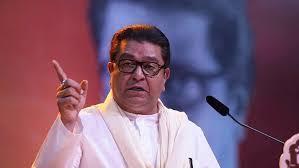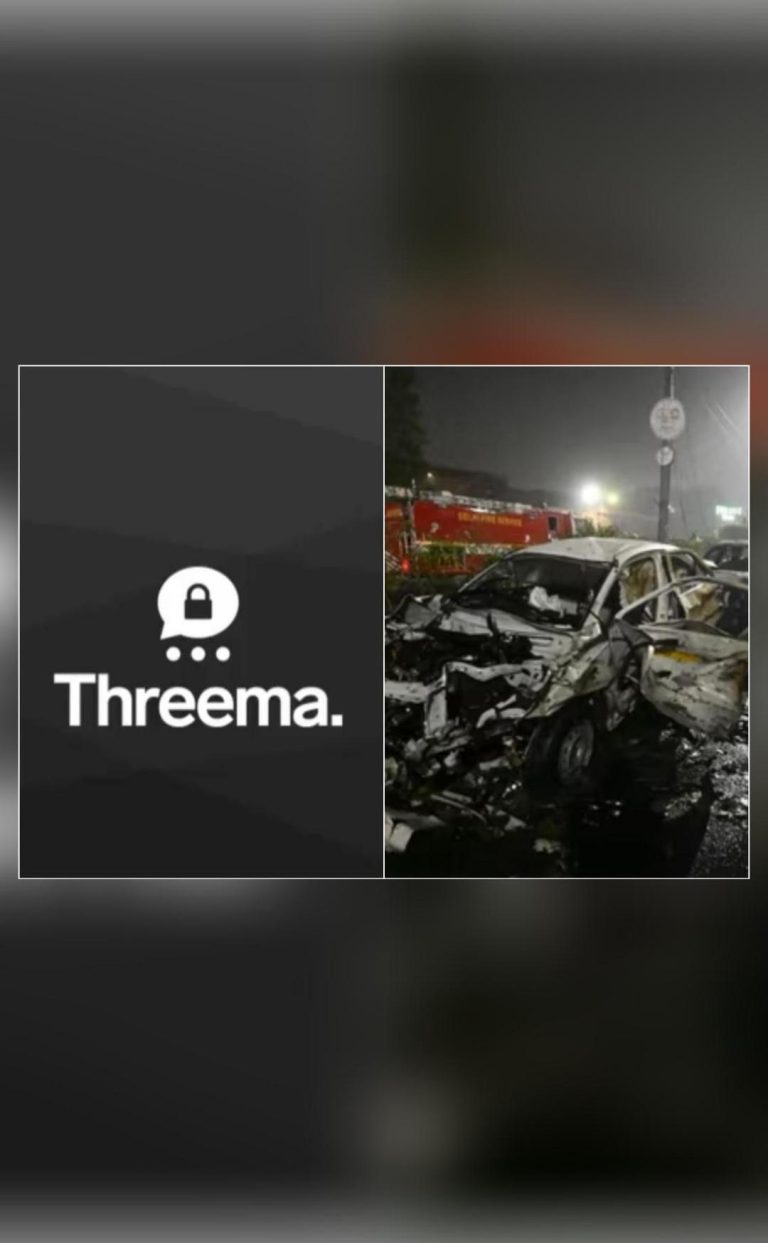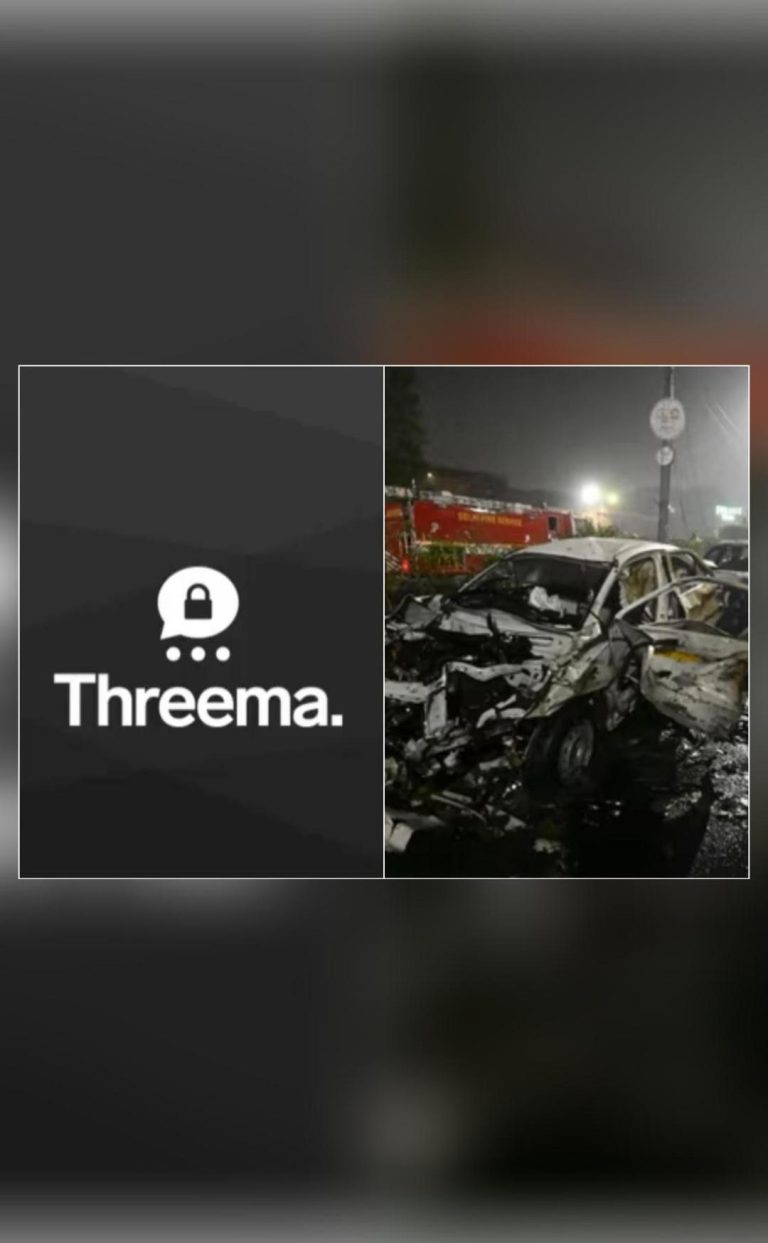
Only Marathi & English be taught in schools: Raj Thackeray to govt
Raj Thackeray, the chief of Maharashtra Navnirman Sena (MNS), has recently written to the state government demanding a written order that only two languages – Marathi and English – be taught from Class 1 onwards in state board schools. This demand comes after the government had earlier declared this decision, but failed to issue a written order. Thackeray has warned that the MNS will launch an agitation if the government rolls back the decision.
The issue of language instruction in schools has been a contentious one in Maharashtra for a long time. With the state having a significant population of students from diverse linguistic backgrounds, the question of which languages should be taught in schools has been a subject of debate. While some have argued that students should be taught multiple languages to make them more employable and globally competitive, others have maintained that the state’s official language, Marathi, should be given more prominence.
In recent years, the government has taken steps to promote Marathi in schools. In 2019, the state government had decided to make Marathi compulsory from Class 1 to 10. However, this decision was met with resistance from some sections of society, who felt that it would restrict the education of students from other linguistic backgrounds.
Despite these challenges, the government had declared that only Marathi and English would be taught from Class 1 onwards in state board schools. However, as Thackeray pointed out, this decision was not followed up with a written order, leaving schools to continue teaching multiple languages as per their discretion.
Thackeray’s demand for a written order is seen as an attempt to ensure that the government’s decision is implemented in letter and spirit. In his letter to the government, Thackeray stated that the MNS would launch an agitation if the government failed to issue a written order and continued to allow schools to teach multiple languages.
The MNS chief’s demand has been welcomed by some sections of society, who see it as a step towards promoting Marathi and preserving the state’s cultural heritage. However, others have criticized the move, arguing that it would restrict the education of students from other linguistic backgrounds and make them less employable.
The debate over language instruction in schools is not unique to Maharashtra. In many parts of the country, there are similar debates and controversies surrounding the teaching of languages in schools. For instance, in some states like Telangana and Andhra Pradesh, there have been demands to make Telugu and Telugu-related languages compulsory in schools.
In other states like Tamil Nadu and Kerala, there have been similar demands to make Tamil and Malayalam respectively compulsory in schools. These debates and controversies highlight the complex and often contentious nature of language instruction in schools.
In the context of Maharashtra, the debate over language instruction in schools is particularly significant. As the state’s official language, Marathi has a special status and is an integral part of the state’s cultural heritage. However, with the state having a significant population of students from other linguistic backgrounds, there are also demands to teach other languages in schools.
The government’s decision to make Marathi compulsory from Class 1 to 10 was seen as a step towards promoting the state’s official language. However, the decision was met with resistance from some sections of society, who felt that it would restrict the education of students from other linguistic backgrounds.
Thackeray’s demand for a written order is seen as an attempt to ensure that the government’s decision is implemented in letter and spirit. However, the move has also been criticized by some who argue that it would restrict the education of students from other linguistic backgrounds and make them less employable.
In conclusion, the debate over language instruction in schools is a complex and contentious issue. While there are valid arguments on both sides, it is essential to strike a balance between promoting the state’s official language and ensuring that students from all linguistic backgrounds have access to education.
As the government considers Thackeray’s demand for a written order, it is crucial that it takes a nuanced approach to the issue. Rather than simply restricting the education of students from other linguistic backgrounds, the government could consider measures to promote Marathi and other local languages while also ensuring that students have access to education in other languages.
Ultimately, the decision on language instruction in schools should be based on the needs and interests of students and the state’s cultural heritage. By taking a balanced approach to the issue, the government can ensure that education is accessible and inclusive for all students, while also promoting the state’s official language and cultural heritage.
Source: https://x.com/RajThackeray/status/1930208483518857496






